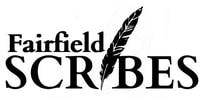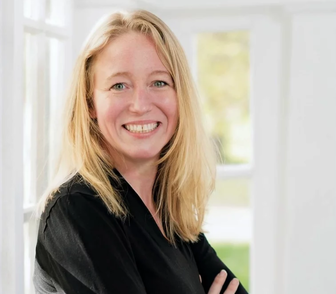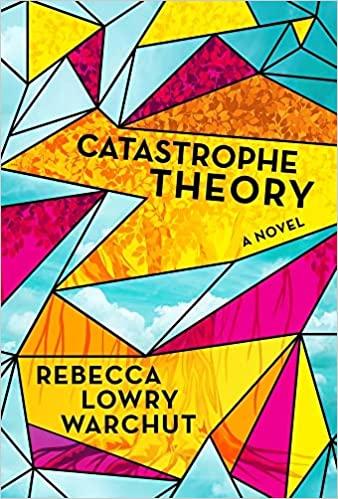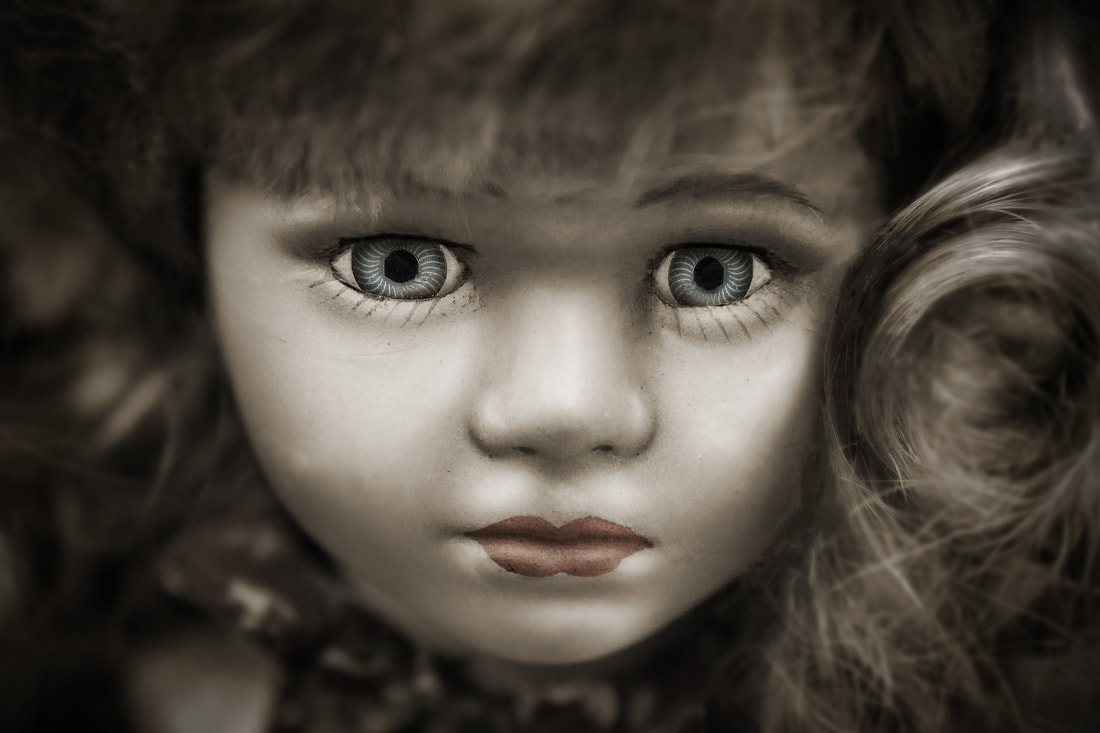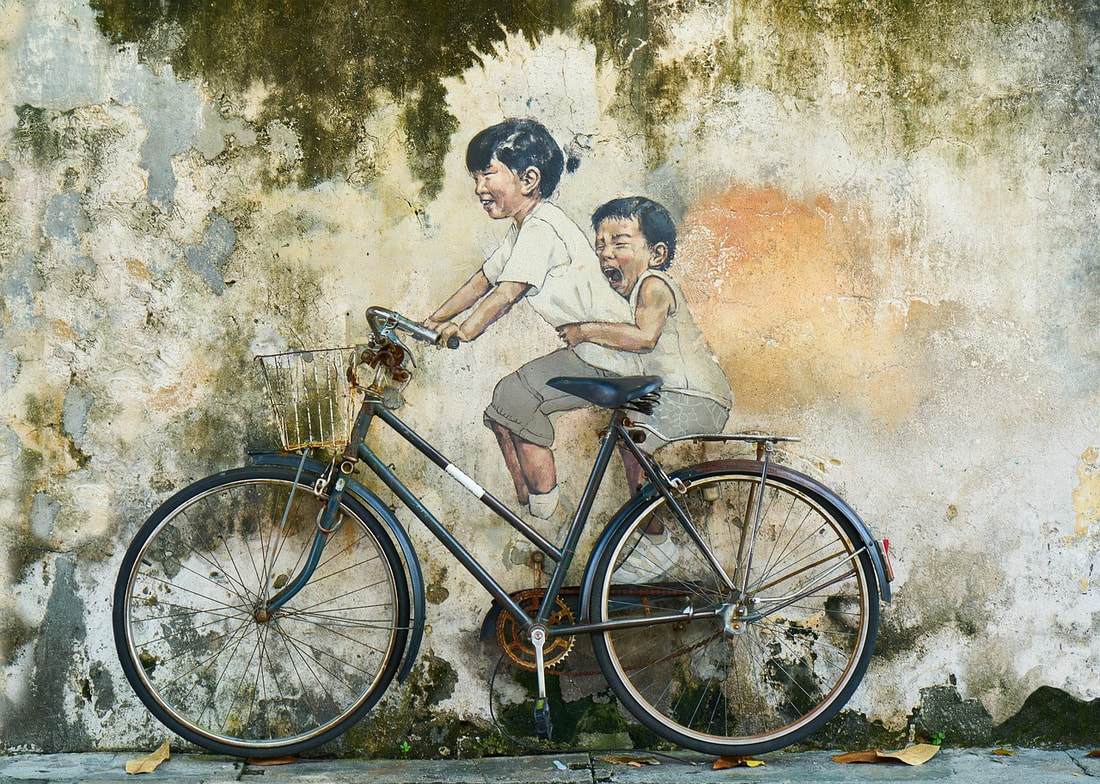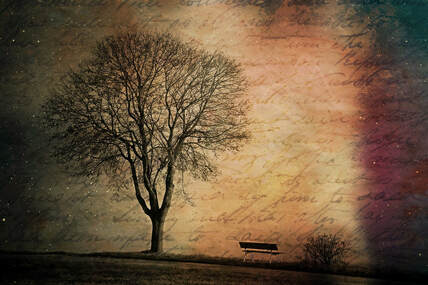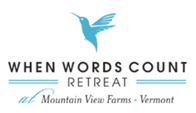ScribesMICRO
* * * Managing Editor: Edward Ahern * * *
* Associate Editor: Alison McBain *
* Submissions Editor: Sarah Anderson * Submissions Editor: P.C. Keeler *
* Submissions Editor: P.M. Ray * Submissions Editor: Ira Rosofsky *
* Submissions Editor: Felicia Strangeways *
* Featured Contributor: Matthew P.S. Salinas *
* Associate Editor: Alison McBain *
* Submissions Editor: Sarah Anderson * Submissions Editor: P.C. Keeler *
* Submissions Editor: P.M. Ray * Submissions Editor: Ira Rosofsky *
* Submissions Editor: Felicia Strangeways *
* Featured Contributor: Matthew P.S. Salinas *
Issue # 23
November 15, 2022
Featuring the short scribblings of:
* William Baker * Amita Basu * Gary Bloom *
* Scott Bogart * Jason P. Burnham * Maryangel Chapman *
* Tony Covatta * Shade Day-Thorne * H. A. Eugene *
* Nicole Hart * Frederick Charles Melancon *
* Lisa Molina * M. Nicole * Matthew P.S. Salinas *
* Matt Weatherbee * Rosemary Williams *
* William Baker * Amita Basu * Gary Bloom *
* Scott Bogart * Jason P. Burnham * Maryangel Chapman *
* Tony Covatta * Shade Day-Thorne * H. A. Eugene *
* Nicole Hart * Frederick Charles Melancon *
* Lisa Molina * M. Nicole * Matthew P.S. Salinas *
* Matt Weatherbee * Rosemary Williams *
Interview & Book Review
Catastrophe Theory
by Rebecca Lowry Warchut
Reviewed by Matthew P.S. Salinas
Welcome to our twentieth issue of ScribesMICRO. I’m the Special Features Editor/featured contributor Matthew P.S. Salinas, and our interview today is with Rebecca Lowry Warchut.
Rebecca Lowry Warchut's debut novel was inspired by the Dalí museums in Florida and Spain. An alumni of Wake Forest University, Teach for America, and Bank Street College of Education, she currently teaches writing and social studies in Simsbury, Connecticut. She serves on the Girls Write Now Anthology Editorial Committee and runs a NaNoWriMo Club. Rebecca lives in West Hartford, Connecticut with her husband and two daughters.
Rebecca Lowry Warchut's debut novel was inspired by the Dalí museums in Florida and Spain. An alumni of Wake Forest University, Teach for America, and Bank Street College of Education, she currently teaches writing and social studies in Simsbury, Connecticut. She serves on the Girls Write Now Anthology Editorial Committee and runs a NaNoWriMo Club. Rebecca lives in West Hartford, Connecticut with her husband and two daughters.
|
One of the main components of the story is the strong relationship between the mother, Eliza, and her daughter, Vera. How do you think they genuinely view each other? Is this relationship based on any personal experience or inspiration? Thank you so much for having me! As a mother of two girls, I know how complicated those relationships can be. With both my mother and my own daughters, I’ve tangoed between wanting closeness and freedom. I’m not sure who loves me more or knows how to push my buttons best. It’s a toss up. Especially in closer relationships, like that of Vera and Eliza, where they only have each other, navigating the space where one person ends and the next person begins can be particularly challenging. Even before the tumor, Eliza was struggling with the impending loss of Vera to college. And Vera hates that—because of her tumor--she must rely on her mother for everything from packing the right bra to reading upsetting text messages from her friends. Some authors/writers have rituals or routines to get themselves into a creative space and facilitate writing. Is there any routine you follow or anything special you do in order to prepare yourself for writing? My three cues to write are putting in my headphones, turning a digital pomodoro timer on, and making sure my phone is out of reach. As a working mother, I have to find the creases in the day. I’m just as often writing in my classroom after dismissal, or like tonight, on my daughter’s bed while my nine-year-old works on her own NaNoWriMo project (which I’m not allowed to read yet). Interruptions inevitably happen. I had been waiting for the perfect writing conditions for a decade, and only when I realized that I could get myself into my writing space through a few cues that I could control, environment be damned, did I actually get my first book into the world. For Catastrophe Theory, I listened to Counting Crow’s August and Everything After and Explosions in the Sky. What inspired you to write this incredible story about catastrophe theory, Dalí, familial relationships, and the effect of our pasts on our present? When I was at one of my darkest personal moments, as a burnt-out young working mother, I traveled to St. Petersburg, Florida for work. There, I stumbled upon the majestic banyan tree and then the Dalí Museum. Just like the seeds from the banyan tree nestle into its branches, dropping roots from the sky, the seed idea for this book took root in my imagination. I knew little about Salvador Dalí himself, but I was mesmerized by the jewelry-box fortress built to withstand a massive hurricane. I knew there was a story. I carried that idea for three years before drafting Catastrophe Theory during NaNoWriMo in 2019. To anyone NaNoWriMo-ing now, may the words be with you. As Dalí said, “Have no fear of perfection. You’ll never reach it.” |
For this month’s issue, we have a review of the novel Catastrophe Theory by Rebecca Warchut Lowry. Combining a solidly paced narrative with impeccable character development, this book caught my attention on every page. The core aspect of familial relationships and how they affect our choices and personalities are very relatable. At the story's core, we find a young girl who is handicapped and preparing to undergo a life-changing operation. Along for the ride is her mother, who provides a unique perspective to the story in numerous ways. I wish I could say more about how, but I don’t want to give any spoilers. The planned surgery is scheduled in Florida with a hurricane on the horizon, which helps present an ever-pressing sense of urgency to the plot. Furthermore, new characters are also introduced in Florida who, for the main characters, play the role of old friends, lovers, and more. There were twists and turns I did not see coming, especially once the hurricane arrives in town. This book does a great job of combining not only an appreciation of art, unique writing, and intriguing shifts of perspective, but also helps the reader reflect on what exactly defines family. I feel that to compare this book to another would do it a disservice, as I haven’t quite read anything like it before. The narrative builds up slowly, drawing the reader in and making them question the veracity of some of the characters and their true intentions, but still gives each character enough time in the spotlight that one can easily bond with them. I would recommend this novel to anyone who appreciates art, an in-depth look at family relationships, or inspirational stories. The triumphs and failures of characters throughout the novel paint a wholesome picture that left me feeling content but also emotionally invested. I definitely look forward to seeing what Rebecca Lowry writes next. |
Fiction
|
Silhouettes by Matthew P.S. Salinas They were powerless to do anything about the unfair fate which had befallen them. They had neither substance nor discourse strong enough to convince their captors of the importance of their freedom. They were the brickwork of a wall.
A lone wall sitting surrounded by lights and dissonant sounds. All of them were silhouettes cast against the backdrop of that contemptible mosaic brickwork. They stood confined to a public display of despondence and convalescence, shame and misunderstanding. Everyone who walked by took notice and spoke in hushed tones about them. They were now simply silhouettes who once were regular people. * * * Matthew P.S. Salinas is an author from Illinois who writes short stories in all genres and poetry. He has two published works and is continuing to publish two more books by the end of the year. He lives with his wife Jordana and their two cats.
Big Sal by Scott Bogart Sal had carried out hits with efficiency. He was rewarded with a life of luxury and glitz before aging into a quiet, lonely retirement. But time brought reflection and guilt. Driven by remorse, he became the caretaker of his victim’s gravesites, anonymously placing flowers and pulling weeds, staying long past sunset. Sal always believed his days were numbered, but with each passing year, he’d learned to spend less time looking over his shoulder. So it was fitting, even poetic, how one night in the cemetery he stumbled upon the freshly dug grave and heard the voice call out from behind.
“Hello, Big Sal.” * * * Scott Bogart is a retired police detective. He lives along the South Carolina coast.
Call Waiting by M. Nicole When Poverty called me yesterday, I told him to hold on because Violence was on the other line. I really wanted to take the call, but Violence wouldn’t let me hang up; he insisted that I reschedule the appointment I’d just missed with his cousin, Self-Harm. I tried to explain to Violence that I wanted to keep my promise, but around 9 a.m. Reassurance whispered in my ear something about me being worthy of something better—right as I was pushing a small, rusty razor into the smiling blue vein I’d just found in my wrist.
* * * M. Nicole is a recent grad of ASU, earning her Master's degree in May 2022. She is a lover of people and a lover of words.
The Doll by Amita Basu She’d never seen a doll like that: slender limbs, tiny waist, glistening hair. But what drew her was the makeup. Kuttu had reached eleven convinced that her dark skin excluded her from the realms of makeup and beauty. But the doll was even darker than Kuttu and her cheeks were rouged, her coal-black eyes mascaraed, her lips rubied.
Locked in the restroom at recess, Kuttu applied the lip gloss that cost a month’s allowance. She blushed at her reflection suddenly beautiful. Her heart soaring, her feet firm, she turned gratefully to the doll. Her eyes landed on the doll’s tiny waist. * * * Amita Basu’s fiction has appeared or is forthcoming in over forty magazines and anthologies, including The Penn Review, The Dalhousie Review, Mid-Atlantic Review, The Bombay Literary Magazine, Gasher, and Fairfield ScribesMICRO. She lives in Bangalore, has a PhD in cognitive science, teaches undergraduate psychology, likes Captain Planet, and blogs at http://amitabasu.com/.
The Waiting Room by Nicole Hart Rena’s daughter was the 5 p.m. Jacob’s son was the 5:45.
Each week, Rena would watch Jacob and his son play while her daughter sat on a turquoise couch in the therapist’s office and talked about suicide. Mostly, they’d play UNO, but sometimes they’d meander through the woods behind the parking lot. She’d spy from the window as they raced over the footbridge and skipped rocks in the stream. During UNO, Jacob would watch her read: The Five Phases of Grief, Whitman, Saying Goodbye to Daddy. She’d stop periodically, tilt her head, and look up. Each week, he’d wait for that look, trying to meet her gaze. * * * Nicole Hart is a lawyer and writer living in New Rochelle, New York. She writes flash, micro and creative non-fiction.
Our Forest by Matt Weatherbee When you agreed to marry me, the forest we were helping replant became ours. We held the wedding there. You said our relationship was like our forest, always growing and getting stronger. We would return every year on our anniversary.
After a marriage-ending fight I still went to our forest on our anniversary, just by myself. Yet there you were, caressing a black leafless tree. “What happened?” I asked. “Wildfire,” you said. “Maybe. I don’t know. It’ll take some time, but our forest will heal.” I said nothing. “It’s really a blessing,” you finally said. “Now life can begin again.” * * * Matt Weatherbee's stories have appeared in Microfiction Monday Magazine, The Dribble Drabble Review, City. River. Tree. and elsewhere.
|
Prospects by William Baker It's gone out, she says in his direction.
His thick thumb flicks in futility. Not getting a spark, he says. She says, Maybe someone else can, and turns from the opulent table, looks at the lake and finely rippled grass rising to the distant tree line. So beautiful, she says. I can get them to bring another, he says and slaps the lighter down. She reflects on the end of day and thinks of grown children. He stares at rough hands and thinks of work. The wax of the lifeless candle cools and hardens. * * * William Baker’s short fiction is published a number of times since 2013. He thrives and lives a positive and purposeful life in Yeshua in Indiana. He maintains an author website, http://www.sylbun.com and can be contacted at: [email protected].
Crushing a Bicycle by H. A. Eugene I was at the dump throwing refrigerators and car doors into the crusher when I saw an old beach cruiser, like the one I had years ago, in South Shore. I pulled it and took it home and shined it up and knocked the crud off the gears. Wouldn't you know, it rode fine.
Then I remembered, she had one, too. Like a his & hers kind of thing. We used to ride down the boardwalk. Watch the sunset, side by side. So the next day I took that bike and threw it into the crusher and left and got a sandwich. * * * H. A. Eugene is a Pushcart-nominated writer of strange stories about food and death. His work has appeared in Flashback Fiction, Short Édition, X-R-A-Y Lit, and Flash Fiction Magazine, among others. Witness him talking to himself on Twitter @haeugene.
Everlasting Love by Tony Covatta Driving the interstate with my invalid wife, her wheelchair in the trunk.
“Can we stop? I’ve got to go.” There’s a gas station. We stop, unfold the wheelchair, transfer her to it, wheel into the station, into the old, worn ladies’. Paper towels litter the floor, but otherwise it’s sanitary. I transfer her to the toilet, successfully, then the sink. She washes her hands in the cold water. Her face bursts with a smile for me, the first of the day: “Well, here we are!” “Yes!” I smile back. Back on the road. “I’ll always remember that.” She: “Me too.” * * * Tony Covatta is a retired lawyer and retired English Literature teacher now trying his hand at micro and longer fiction.
Curry Fingers by Shade Day-Thorne The air smelled of spice and made its way lazily into my nostrils and to the back of my throat. I had been here before, eating sweets and wiping the dust from the side of my open-toed shoes.
My family had come from this place. They had walked this path, saris blowing in the wind. I belonged, but my eyes opened wide, and I hurried across the road. Much later, I sat at my father’s table and watched him squeeze the roti between his fingers. I closed my eyes, remembering faintly for the first time, and smiled. * * * Shade Day-Thorne is a retired technology executive who never gave up on her desire to write.
Children's Secrets-- Found on Moving Day by Rosemary Williams Hole kicked in the wall behind a dresser revealed a drawing of a small mouse entering the hole and another one leaving.
Lost library books in the toy chest. A sheet of yellow legal paper covered with the message, "Mommy, I hate You. I hate you." Shirt and trousers my son didn't like, jammed behind shelving in his closet. Many unopened packs of cigarettes inside the piano – the kids tried to prevent our smoking. Playboy magazine under a mattress. Pad used to practice my signature with sample notes to teachers. * * * Rosemary Williams author, former banker, financial planner, non-profit executive conducts workshops, webinars and retreats. As the author of A Woman’s Book of Money and Spiritual Vision and the founder/Executive Director of Women’s Perspective, she hosts Conversations
about the Gifts of Liminal Space. |
Creative Nonfiction
|
Games for ESL Speakers by Maryangel Chapman When we came to Canada, the three kids didn’t know any English. Somehow, one of the first phrases we learned was “open the door.” We made it a game. A small bid to be in control. “Papi, open the door,” we’d sing-song from the bedroom or bathroom. He always came; he smiled. He never seemed to get tired of it, no matter how many times we repeated it. It’s funny that the thing we were saying to him was the thing I didn’t know I was saying to the entire country for decades after our landing.
* * * Maryangel Chapman is a writer, editor, and creative writing coach. Born in Guatemala and immigrating to Canada at the age of six, she has been writing ever since.
|
Grandmother's Cookbook by Frederick Charles Melancon Tubes snake out from under the sheets of my grandmother’s hospital bed. This is my last memory of her, not up baking or frying, but laid out.
“Who’s that handsome man?” Grandmother doesn’t remember me, just like she once forgot that burnt grilled cheese on the stove. I never go back. After the funeral, I spend time with her notes on cooking. Rewrite what I can and test out what I can’t quite read. Cataloguing the rest of the family’s recipes is the next step, and so is lying and telling them it’s for everyone when, in reality, it’s penance for never going back to the hospital. * * * Frederick Charles Melancon lives in Mississippi with his wife and daughter. More of his work can be found on Twitter @fcmwrite.
|
Poetry
|
City Strangers by Lisa Molina The shrines hiding amongst bushes
surprise us with joy. Everything too—perfectly clean, hard, metallic, predictable. Women wrapped in silk, blossoms in hair, walking casually, fanning themselves. Mist stings the hardened faces scurrying through the cold, wet, gray streets. Taxis sit at world’s busiest intersection, not one honk to be heard. Trains depart with unforgiving precision, loud buzz announces failure. We linger in ancient temples, intoxicating incense fills our beings. We are not the watches and clocks keeping perfect time, tightly wound. Strangers smile and bow to us, prayer hands to hearts. We are unwelcome strangers, their clenched hands in pockets. * * * Lisa Molina is an educator/writer in Austin, Texas, and relishes the challenge of writing 100-word stories. Her poetry, flash fiction, and CNF have been published in numerous journals, such as Bright Flash Literary Review and Sky Island Journal, and her digital poetry chapbook launched in February 2022.
|
The Focused Writer by Jason P. Burnham Over the stone path he leads us
Through verdant hills Tall grass swaying gently in the breeze Bringing scents of spring To the thawing nose of winter. We follow alongside the babbling brook Dipping toes into the cool waters of snowmelt Up and up, a great effort Our fingers tracing rivulets in rocks Reaching for the sky, the clouds just within reach Here at the summit Now we look out across the disastrous descent The barren wasteland Through hell and sweat we slog To our final destination The place he doesn’t want to go Where words meet paper. * * * Jason P. Burnham loves spending time with his wife, kids, and dog.
The Last Time I Gave Up Writing by Gary Bloom It lasted nearly a decade
and produced an enlarged liver. The last time I gave up writing there was a woman involved. The last time I gave up writing I decided this was the last time I was going to give up writing. The last time I gave up writing I told myself I mean it this time. The last time I gave up writing the writing was on the wall - I was never going to be a writer. The last time I gave up writing I became catatonically depressed because I wasn’t writing. * * * Gary Bloom was born in Minneapolis and attended what is now Minnesota State University- Mankato, where he studied sociology. He has been a teaching assistant in a psychiatric hospital, a driving instructor for spinal cord injury patients, and a computer programmer. His articles and poetry have been widely published in newspapers, magazines and websites.
|
Free Book Publishing Consultation
If you've written a novel or memoir but are struggling with getting it published, how would you like to have a chat with our associate editor, Alison McBain? She's a freelance editor whose recent novel was published through When Words Count's Pitch Week, which you can read about in Medium's The Writing Cooperative: "How I Jumped the Line & Got a Book Deal."
Send an email to Alison at [email protected] to talk to her about nontraditional methods to get a traditional publishing deal, such as the contest that gave her a leg up in the field. If you also send her a 250-word (or less) query, she will weigh in on it free of charge. |
The Poets' Salon
If you're looking for more poetry, including a place to read your work, receive critiques, and explore poetic forms, check out The Poets' Salon. Two editors of ScribesMICRO, Edward Ahern and Alison McBain, run this free poetry workshop.
Meetings take place on the second Saturday of every month from 10 a.m. to noon EST via Zoom. More info, including how to sign up for the poetry workshop, can be found on The Poets' Salon website or via Meetup. |
